We all know that water is essential for our health, but how do you know if you’re drinking enough? Dehydration can sneak up on you, leading to fatigue, headaches, and even trouble concentrating. While the classic advice is to drink eight glasses a day, the truth is that everyone’s hydration needs are different.
So how can you tell if you’re getting enough water? Here are some clear signs to watch for and simple ways to stay hydrated.
1. You’re Feeling Tired or Foggy
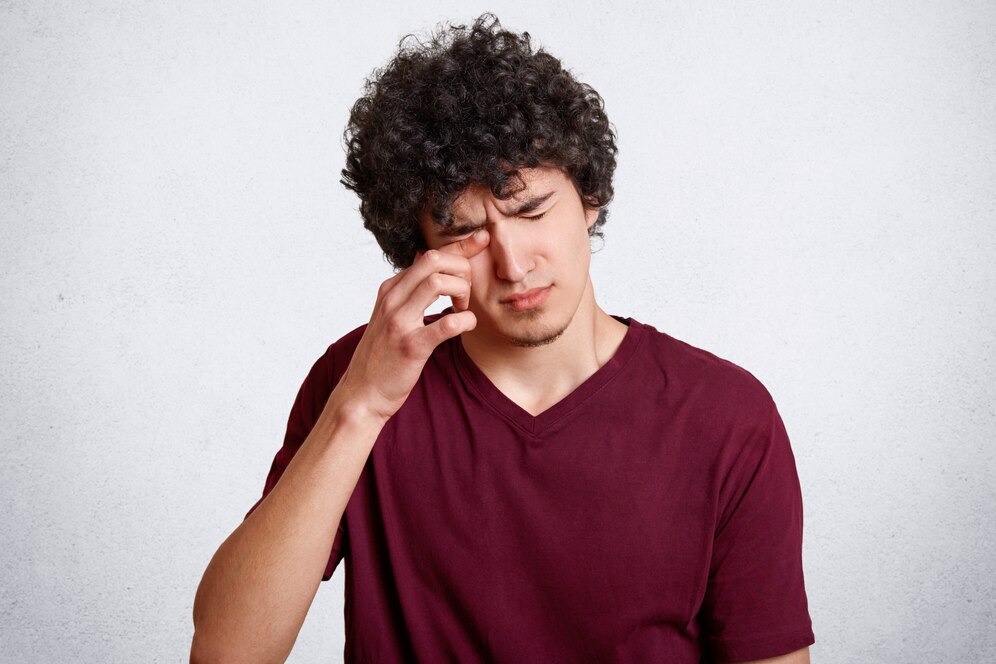
One of the first signs of dehydration is feeling sluggish or mentally drained. Since water helps deliver oxygen and nutrients to your cells, not drinking enough can leave you feeling exhausted, even if you got a full night’s sleep. If you’re struggling to focus or feeling low on energy, try drinking a glass of water instead of reaching for coffee or an energy drink. You might be surprised at how quickly it helps.
2. Your Urine Color is Dark
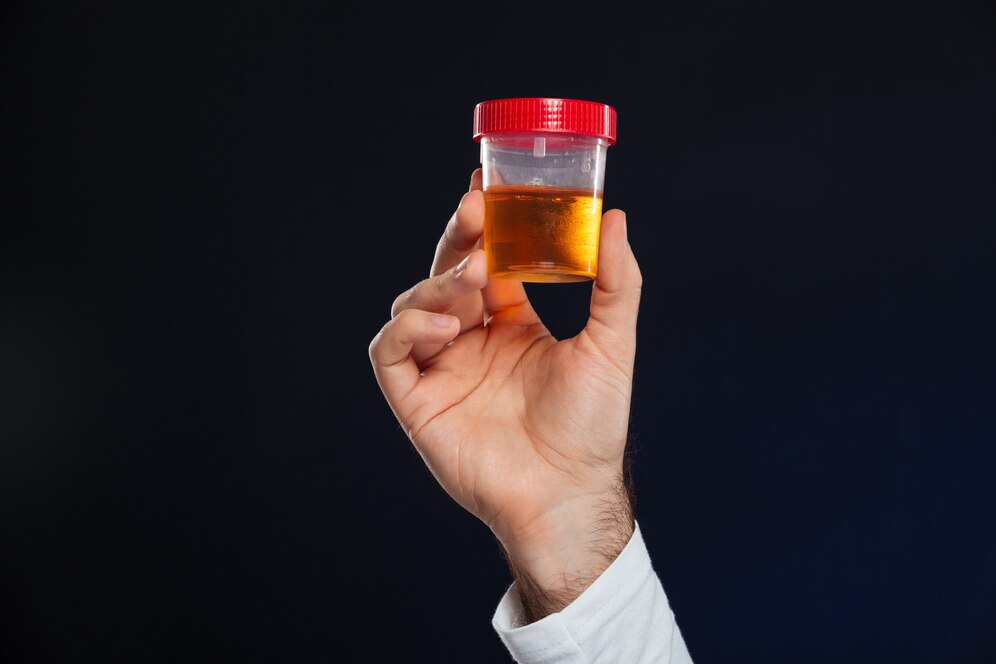
Your urine can tell you a lot about your hydration levels. A well-hydrated body produces light yellow or nearly clear urine, while darker urine is a sign that you need more fluids. If your urine is dark amber or honey-colored, it’s time to drink up!
3. You’re Feeling Thirsty
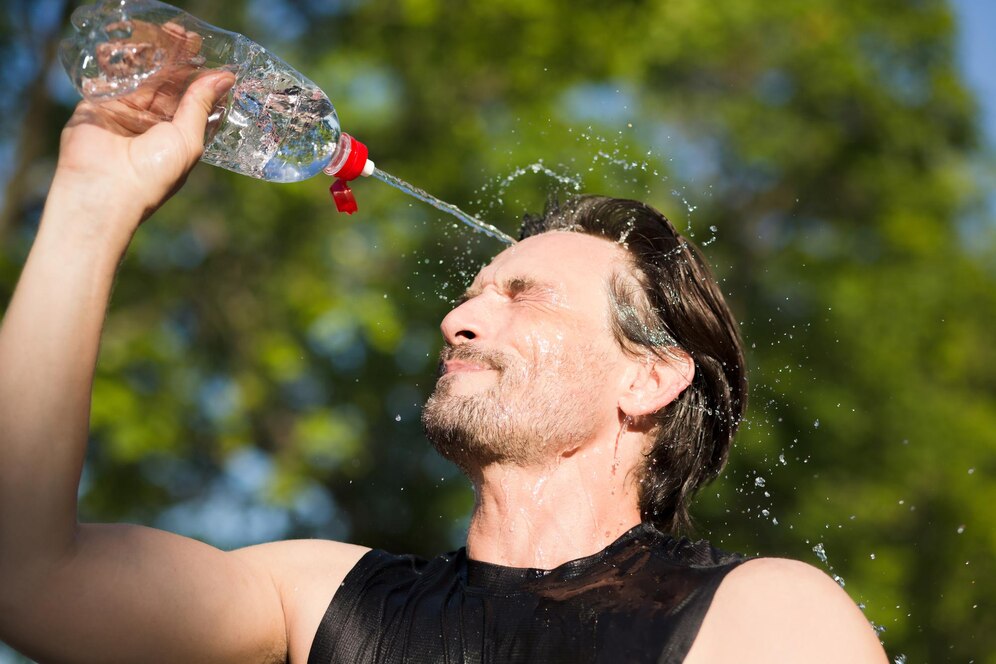
This one might seem obvious, but many people ignore thirst signals until they feel really dehydrated. By the time you’re noticeably thirsty, your body is already running low on fluids. Try sipping water consistently throughout the day instead of waiting until you feel parched.
4. You Have Dry Skin or Chapped Lips
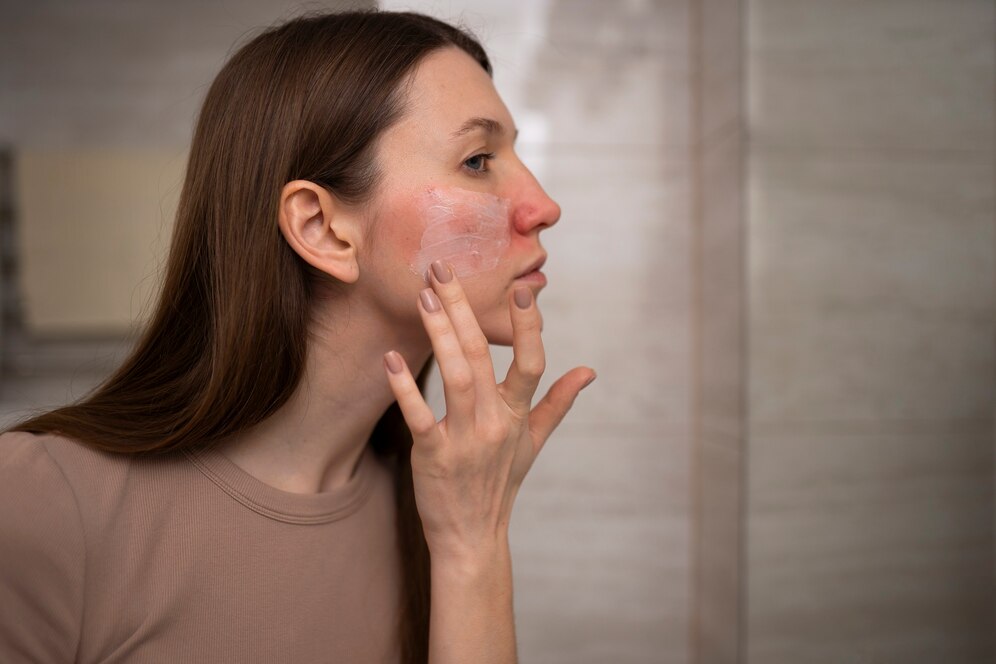
Your skin needs hydration just as much as the rest of your body. If your skin feels dry, tight, or flaky, it could be a sign that you’re not drinking enough water. Chapped lips are another common dehydration symptom. While lotions and lip balm can help, the best fix starts from the inside, drink more water!
5. You’re Getting Frequent Headaches
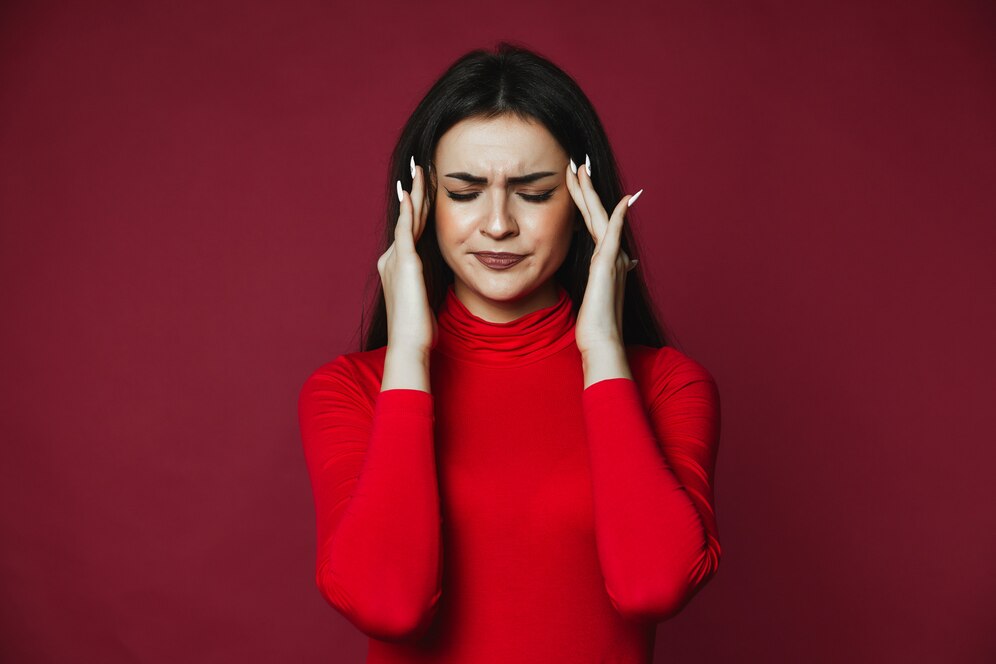
Dehydration can cause headaches or even migraines. When your body lacks water, your brain may temporarily shrink slightly due to fluid loss, leading to pain and discomfort. Before reaching for painkillers, try drinking a glass or two of water and see if your headache improves.
6. You’re Experiencing Muscle Cramps
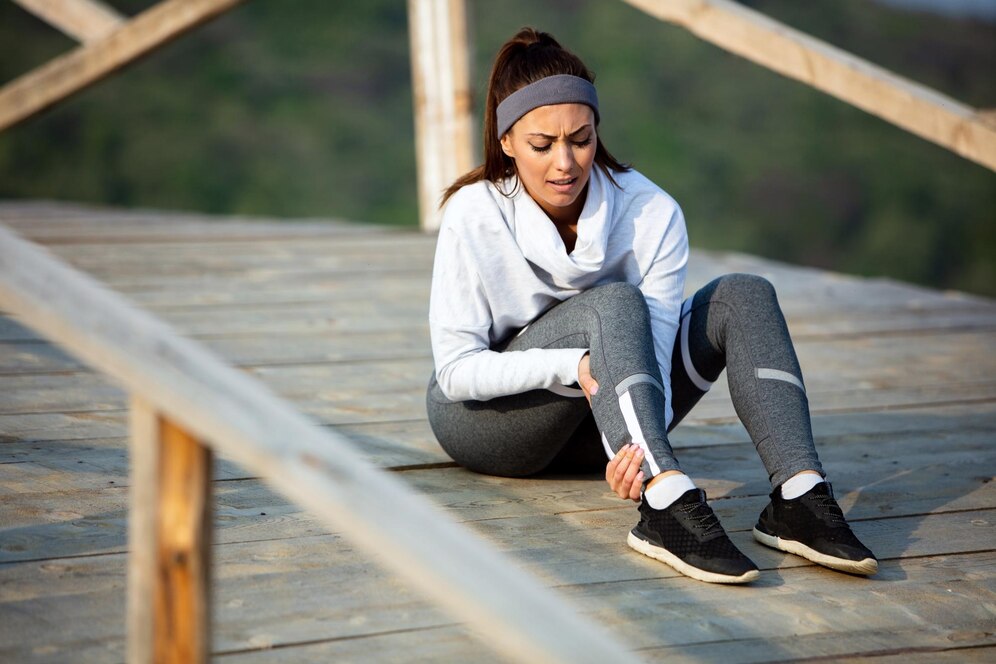
If you’ve ever had a sudden muscle cramp, dehydration might be the culprit. Water helps regulate electrolyte levels, which are essential for muscle function. If you’re sweating a lot, whether from exercise or hot weather, make sure to replenish both water and electrolytes.
7. Your Digestion Feels Off

Water plays a key role in digestion. Not drinking enough can lead to constipation, bloating, or stomach discomfort. If you’re struggling with digestive issues, increasing your water intake might help get things moving smoothly again.
How Much Water Do You Really Need?
While the “eight glasses a day” rule is a good general guideline, the right amount of water depends on factors like your body size, activity level, and climate. A simple rule of thumb is to listen to your body; if you’re thirsty, drink water.
For a more personalized approach, try this:
- Men should aim for about 3.7 liters (125 ounces) of water per day.
- Women should aim for about 2.7 liters (91 ounces) per day.
This includes fluids from all sources, including water-rich foods like fruits and vegetables.
Simple Ways to Stay Hydrated
- Carry a reusable water bottle and sip throughout the day.
- Set reminders on your phone to drink water regularly.
- Eat more water-rich foods like cucumbers, oranges, and watermelon.
- Flavor your water with lemon, mint, or berries if you struggle to drink plain water.
Drinking enough water is one of the simplest ways to feel better, think clearer, and stay energized. If you notice any signs of dehydration; like fatigue, dry skin, or dark urine, take it as a signal to up your water intake. And remember, always consult your doctor.
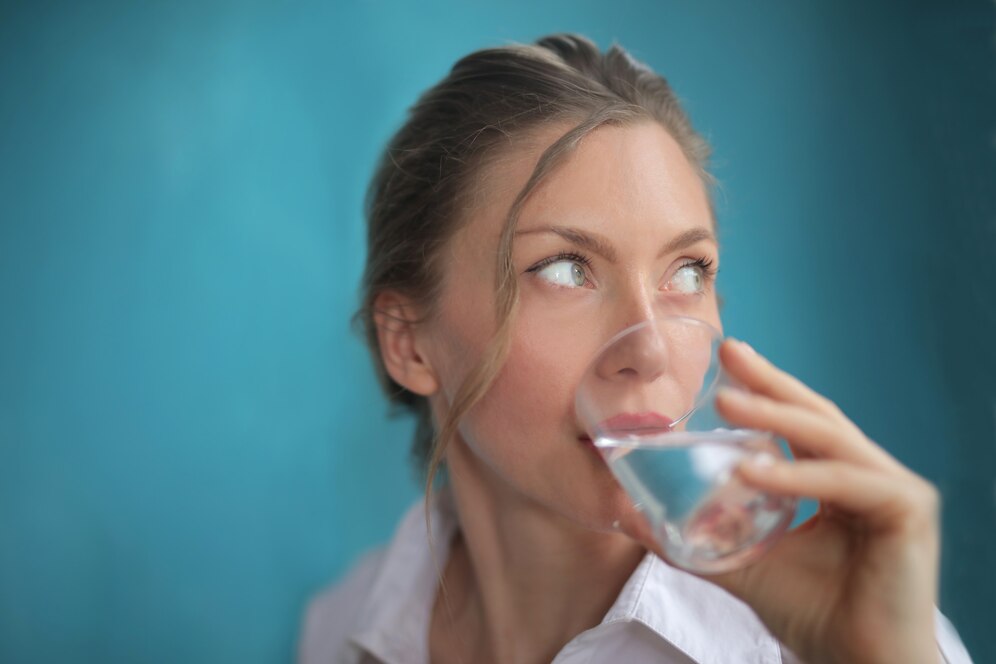











4 thoughts on “Are You Drinking Enough Water? Here’s How to Tell”